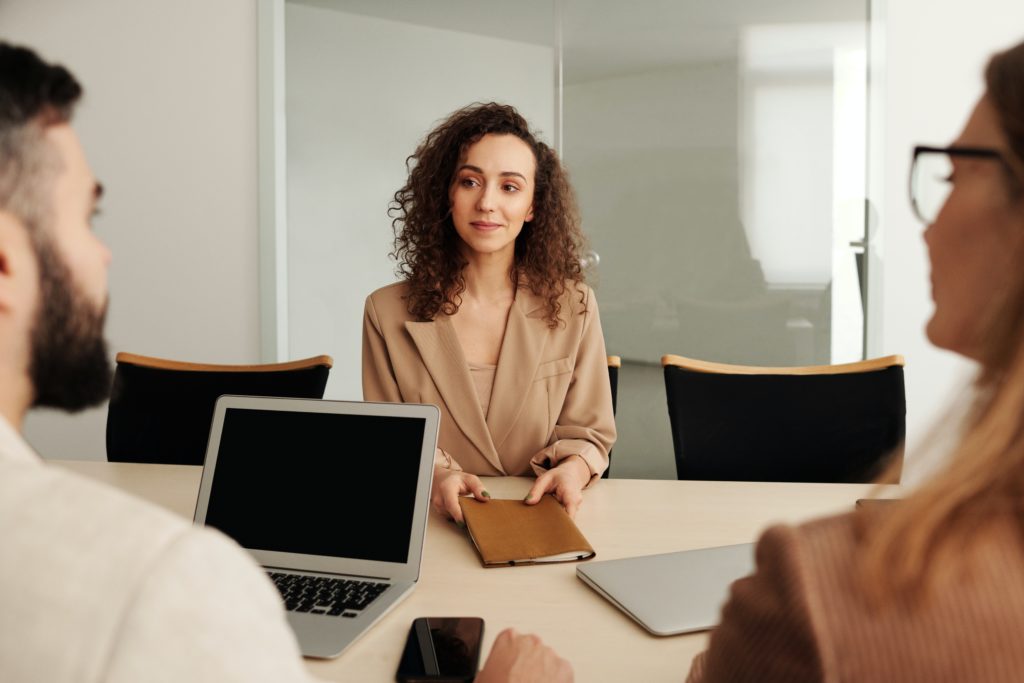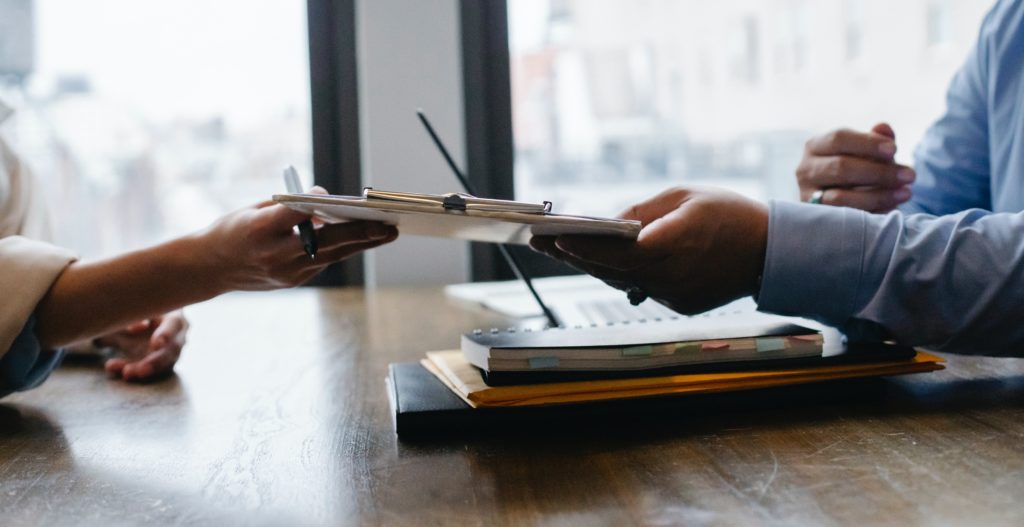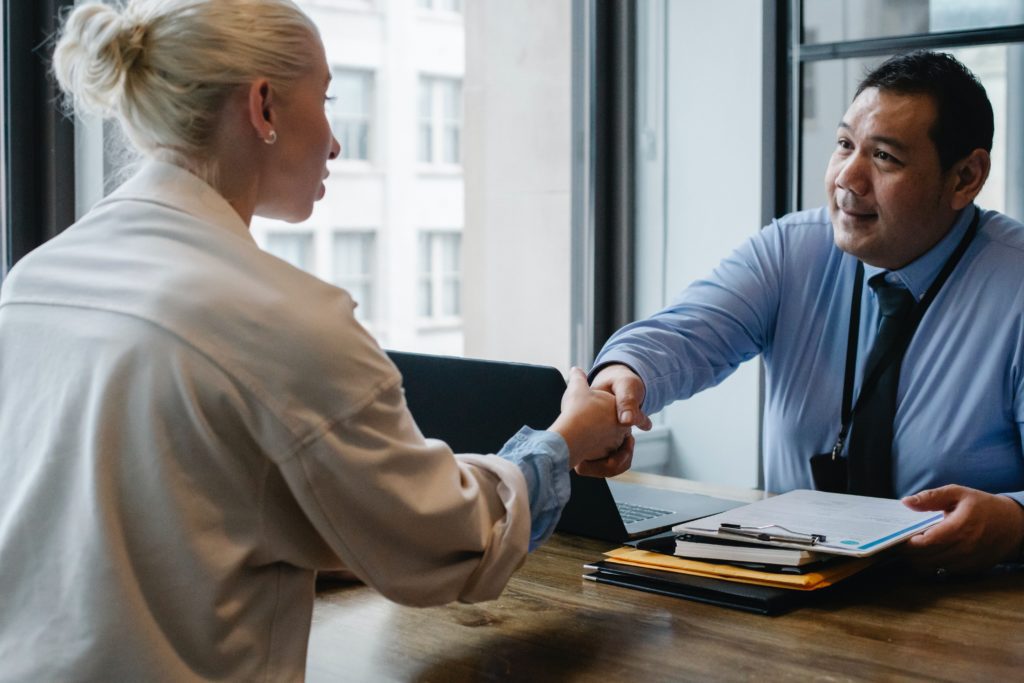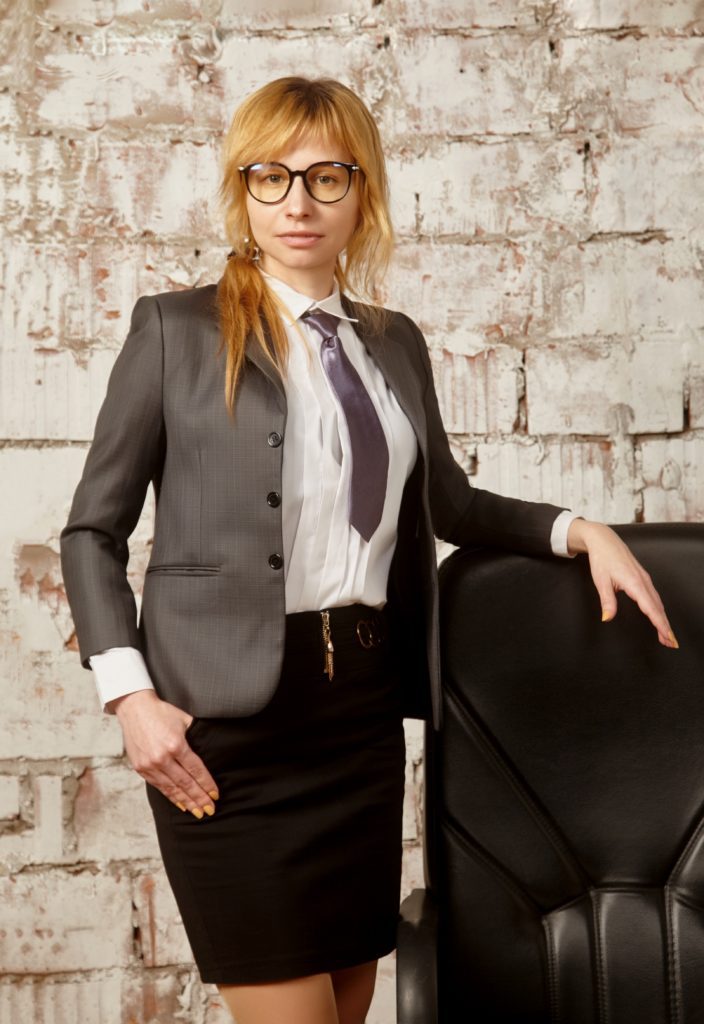So, you have an interview coming up. Congrats! It can be a little nerve-wracking, but it’s also super exciting. Here are some things you can expect during the interview process. Enjoy the ride!
The types of questions you may be asked
 Some interviews are like speed dating. You go from one table to the other, answering a few questions, and then you are on to the next person. However, other interviews are more like an interrogation. The interviewer is not interested in small talk; they want to get right down to business.
Some interviews are like speed dating. You go from one table to the other, answering a few questions, and then you are on to the next person. However, other interviews are more like an interrogation. The interviewer is not interested in small talk; they want to get right down to business.
So, which is it going to be for you? Will you be chatting up your interviewer or will you be ready for anything they throw your way? Chances are, it will be a little bit of both. But no matter what type of interview it is, you can prepare yourself by knowing the types of questions that may come up.
The types of questions you may be asked in an interview can vary, depending on the company. They are designed to see how well-versed or knowledgeable a person is about their field and what type of information they would need if hired for this job opening.
These could include:
- What is your ideal job?
- How would it suit the interests and skills that you have to offer, specifically with regard to the company’s products or services they provide as well any other factors such as pay rates, etc.?
- Why do you think this position should still exist given current trends within their industry; namely one where automation seems inevitable at times due in part to technology advancements making some tasks easier than ever before but also reducing demand because people don’t always need tangible items anymore?
- What’s your greatest strength as regards working with people?
- What’s your greatest strength and weakness as it relates to being successful at work or involving yourself with various tasks?
 How to dress for an interview
How to dress for an interview
Making the right impression is important when applying for a job and one way to do this effectively is through dressing well. When you are interviewing with your prospective employer, it’s essential that they see how dedicated or knowledgeable you really seem because only then will those traits stand out in their mind while all others fade into obscurity.
It might sound daunting at first but there isn’t too much time wasted on figuring out what clothes will best suit either situation. A good tailor can always help you find something perfect no matter your size, so don’t hesitate to ask them if need be.
Maximum professional attire is a suit and tie for both men and women in job interviews. For males, this might mean business dress pants with an appropriate shirt or sweater over it; while females can wear dresses that show off their figure (but not too much).
If you’re interviewing for a job in an environment that’s more casual than formal, consider wearing your best business-casual outfit. This is less of the traditional suit but still polished and professional – think jeans with nice shoes or colourful dresses worn underneath skirts so they don’t show above pantsuits.
Instead of showing up to an interview at a startup in formal business attire, wear something more appropriate and professional – but not too casual. Try wearing dark jeans with a nice top for instance.
You should always dress to make the best impression, but what you choose depends on whether your interview is with a formal company or casual startup, and for what job position it is.
What to bring with you
Carrying a copy of your resume and one or two recent photos can help give the employer more insight into who they are interviewing.
Also, most importantly, you should bring your best self with you in an interview. The person who has everything they need at the ready is less likely to be distracted by questions or nerves and more comfortable talking about their skills, so showcase what makes yourself stand out from other candidates. A good way for this could indeed simply involve bringing along some wit and humour in order to keep things going. Imagine yourself asking questions ranging across various topics from work-life balance all while keeping a smile plastered on your face. That will show them exactly what kind of person can handle themselves well so they don’t have regrets later.

How to act during the interview
The best way to act during an interview is like a professional. You want the employer that you’re interviewing them too. So, don’t show up with your laundry list of excuses for why they should hire you; instead, be prepared and knowledgeable about what makes sense as far as workplace culture goes. It’s important that employers see this type of person so there won’t need any convincing once it comes to accepting offers. The job will likely already feel yours before then because everything has been set in stone beforehand that led everyone on their respective journeys to becoming one big happy family.
What happens after the interview?
After the interview, it is important to follow up with a phone call or email. You should thank your potential employer for their time and offer any support they may need in order to help them out during this process (eagerly awaiting responses!).
If there are some specific things that you want from an organization before offering yourself as part of said team or business venture, then be sure to address these needs too; after all, you know how difficult finding employment can get when faced against so many other candidates.
Also, there are many steps that follow. You should be prepared for this and ensure you do not miss any of their scheduled appointments or deadlines as it could result in missing out on an opportunity.

Final thoughts
You may feel a little intimidated by the thought of an interview, but don’t panic! Expect to be asked questions and expected answers. Make sure that you’re prepared with some good examples from your past work or hobbies because this will show how qualified you are for the position.
The interview process can be daunting and stressful, which is why preparation plays such an important role in helping you feel confident during these chats.

 How to dress for an interview
How to dress for an interview